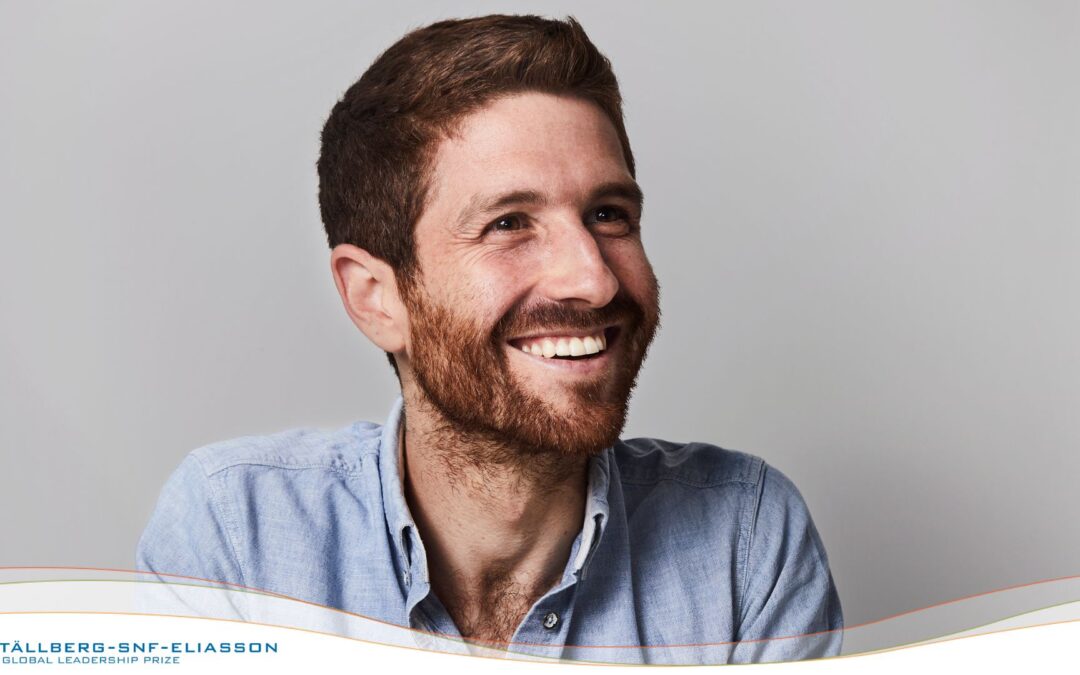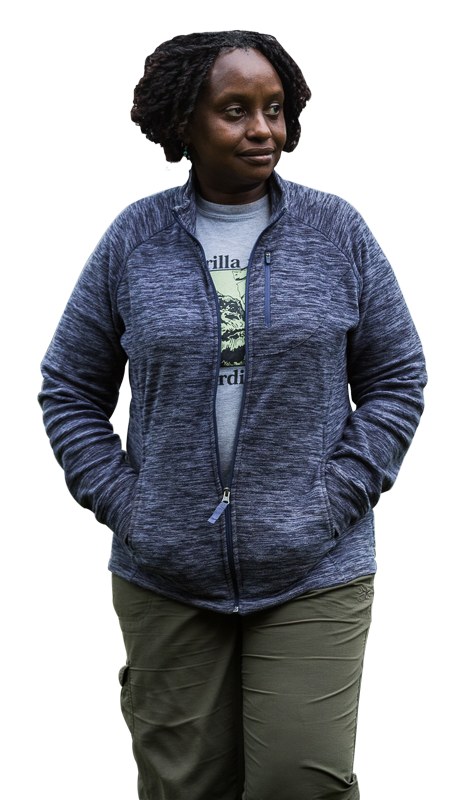Meet the Winners: Tristan Harris
Tristan Harris, a recipient of the 2023 Tällberg-SNF-Eliasson Global Leadership Prize, is a leader who wants to make technology more humane, ethical, and aligned with humanity’s best interests. He is the co-founder and executive director of the Center for Humane Technology (CHT), a nonprofit organization that aims to change the way the tech industry designs and builds products that affect billions of people.
“Good people can be captured by bad incentives. A big principle in our work is how, if you show me the incentive, I will show you the outcome. With social media, the incentive was attention. That created the race to the bottom of the brainstem for attention. We can redirect the future by changing that incentive.”
Harris is a former design ethicist at Google, where he tried to raise awareness about the ethical implications of technology, especially how it influences user attention, behavior, and well-being. He left Google in 2016 to start CHT with a team of former tech insiders and experts, who share his vision and mission.
“At Google, I studied how to think ethically about the attention economy. I realized that a handful of tech designers at a handful of companies were shaping the flows of human attention and information and redirecting and rewiring those flows of attention and information in texting and information and newsfeeds and social media. And I saw how that was going to be managed by market dynamics rather than by asking what was in the best interest of humanity. How do you ethically or thoughtfully or consciously hold the collective consciousness of humanity in a way that doesn’t lead to pernicious outcomes? …I left and started this nonprofit recognizing after three years of trying to change Google from the inside that I could not do that.”
Harris has a clear vision that technology should serve humanity, not the other way around. He believes that technology should treat attention and intention as sacred, protect well-being, and build human capacity to address urgent challenges. He also recognizes the systemic and interconnected nature of the addiction, distraction, isolation, polarization, and misinformation caused by the current tech ecosystem.
Harris says he coined the term “human downgrading” to describe this phenomenon and called for a “whole-systems” approach to solve it. However, he soon realized that there was “no adult in the room” thinking about the problem or willing to address it. “As a mid-level person at Google, when I first raised some of the attention economy, bottom of the brainstem issues, I was surprised to find out that no one was asking these questions.”
“And when I left Google, I met Senator Mark Warner who was chair of the Senate Intelligence Committee back in 2017 who had access to the most privileged and classified information about what Russia did during the 2016 election. Then I realized that when I was sharing with him the issues around social media that I was telling him things that he didn’t know” but were essential to understanding what the Russians had done. Harris came to realize that technology is moving so fast that decision-makers—in government as well as in industry—need access to expertise and to “someone who is inside, who knows the people who are building this stuff, who knows the technical details of how it all works. And that’s what led me to do what I’m doing.”
Harris says that the corollary to recognizing that no one was paying attention to the big issues driving the evolution of information technology was that “We are the adults and we need to step up as adults in that situation.”
That is the context in which Harris appeared in the Netflix documentary The Social Dilemma. The film features Harris and other former tech employees explaining how the design of social media platforms nurtures addiction to maximize profit and manipulates people’s views, emotions, and behavior. Since its debut in September 2020 at the Sundance Film Festival, the documentary has reached an estimated 100 million people, streaming in 190 countries in 30 languages.
Harris believes that public communication initiatives like The Social Dilemma are critical both to educating the public as well as to changing policies and laws. He describes how his team created a fake social media account for a 13-year old girl which attracted the attention of an AI agent that gave bad advice about having sex with her 41-year old boyfriend. Publicity about the case in The Washington Post ultimately led TikTok to hold back its own version of an AI agent that would have offered similar advice. That’s a win, but not enough of one. “Our goal is to change laws, to change the incentives that are guiding these current companies,” he says.
Harris does not work alone. He co-founded CHT with a team of former tech insiders and experts, who share his passion and expertise for humane technology. He also works closely with a network of partners, allies, and supporters across the public, private, and philanthropic sectors.
At the end of the day, Harris fundamentally believes that society deserves better from tech companies. As he wrote in The New Possible: Visions of Our World beyond Crisis, “E.O. Wilson has said, ‘The problem with humanity is that we have Paleolithic emotions, medieval institutions, and godlike technology.’ We need to embrace our paleolithic emotions in all their fixed weaknesses and vulnerabilities. We need to upgrade our institutions to incorporate more wisdom, prudence, and love. And we need to slow down the development of [that] godlike technology.”


